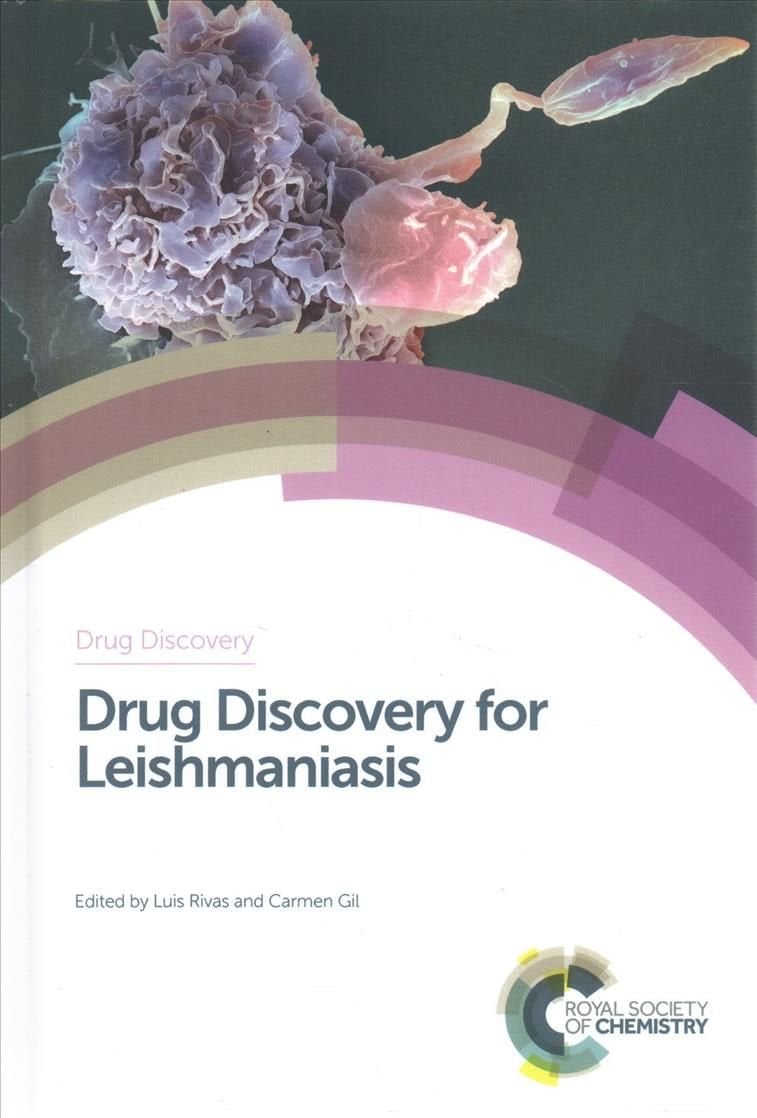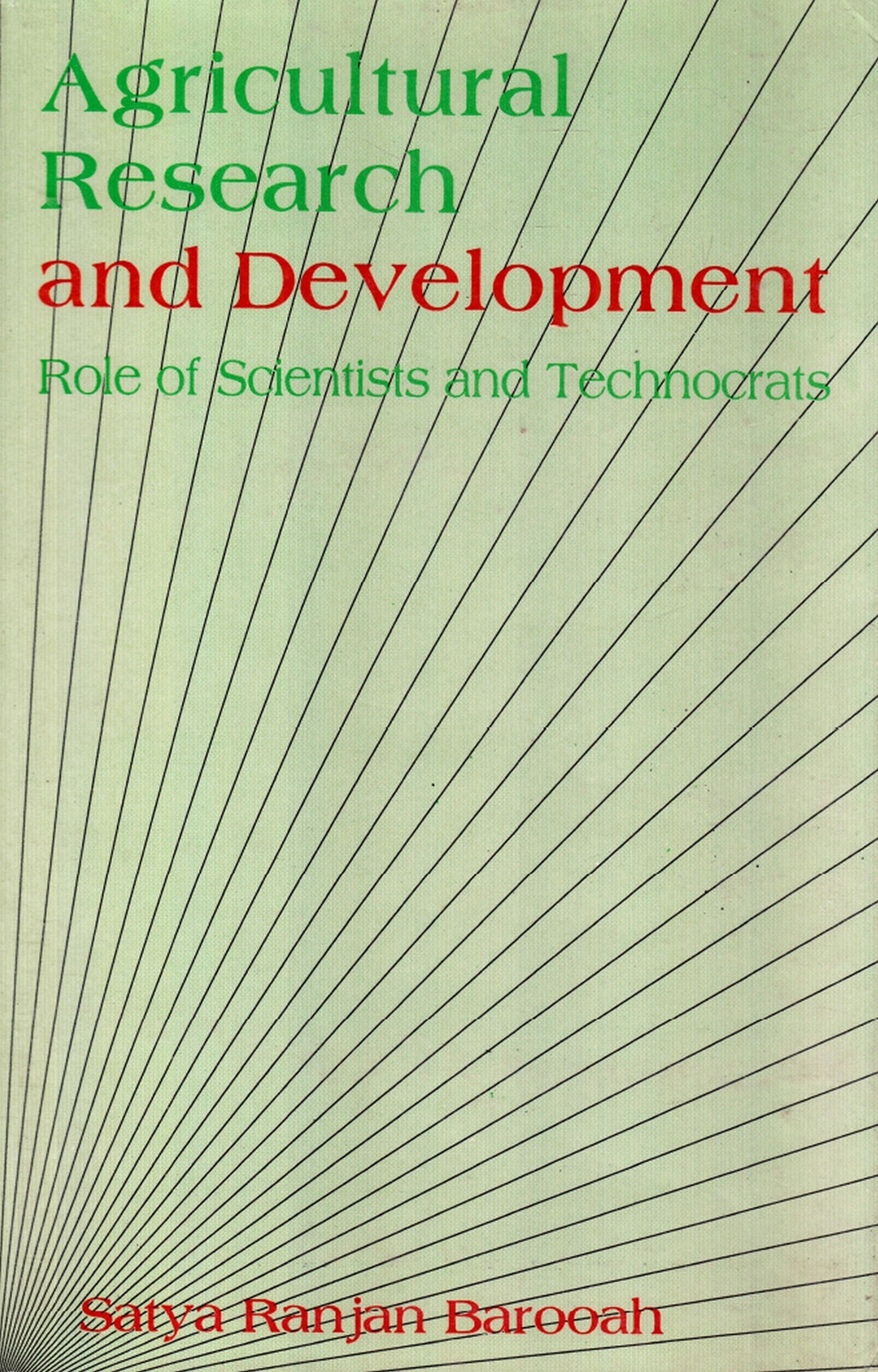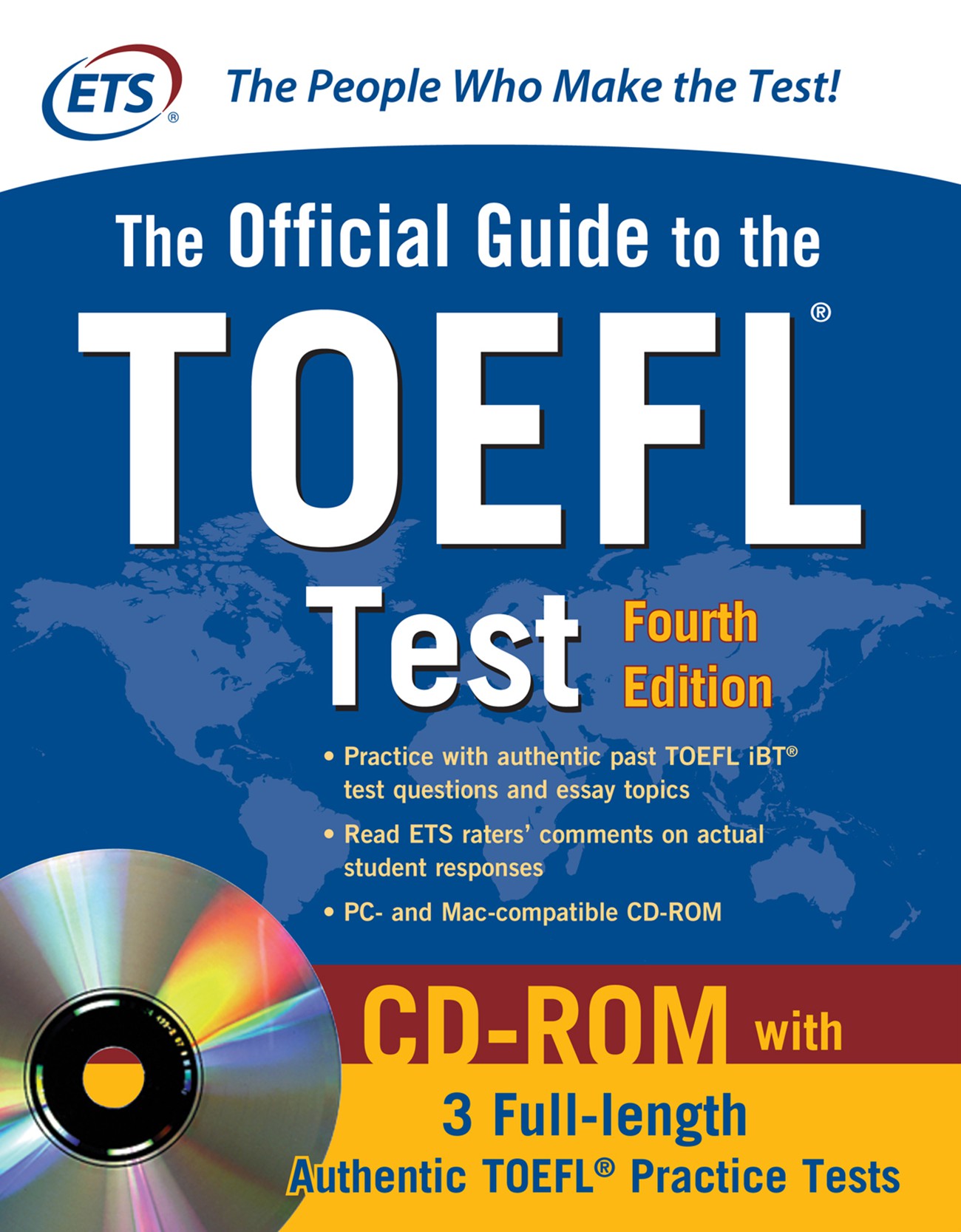For human health, leishmaniasis is among the most important protozoan diseases, superseded only by malaria. Globally, 10 to 12 million people are infected with 1.5 million new cases every year. The development of cheaper new drugs is urgently needed for this neglected disease that is developing resistance to current treatments. Chemotherapy remains the only treatment option for the bulk of patients. However, this is largely unaffordable for most. In the past three years numerous advances in drug discovery have been made for treating this disease by exploiting diverging metabolic pathways between the Leishmania enzymes and their hosts, using nanotechnology to target the immune cell phagolysosomes where Leishmania resides. Drug Discovery for Leishmaniasis aims to provide a perspective of the current treatments and their challenges, blended with the emerging strategies and methodologies that will drive new target appraisals and drug developments, as well as addressing the molecular basis of resistance in Leishmania. Recent studies have shown that leishmaniasis affects some of the poorest people in the world, with 95% of fatal cases occurring in only 6 countries. With the WHO goal of eliminating this public health problem in the South-east Asia Region by 2020, this book will be important for anyone who is interested in neglected tropical diseases. From a human health perspective, leishmaniasis is among the most important protozoan diseases, superseded only by malaria. Between 10 and 12 million people are affected by the disease and with no known vaccine, the development of new drugs is urgently required. This volume provides a perspective of current treatments and their challenges as well as discussing emerging strategies and methodologies that will drive new drug development for this ?neglected’ disease.












